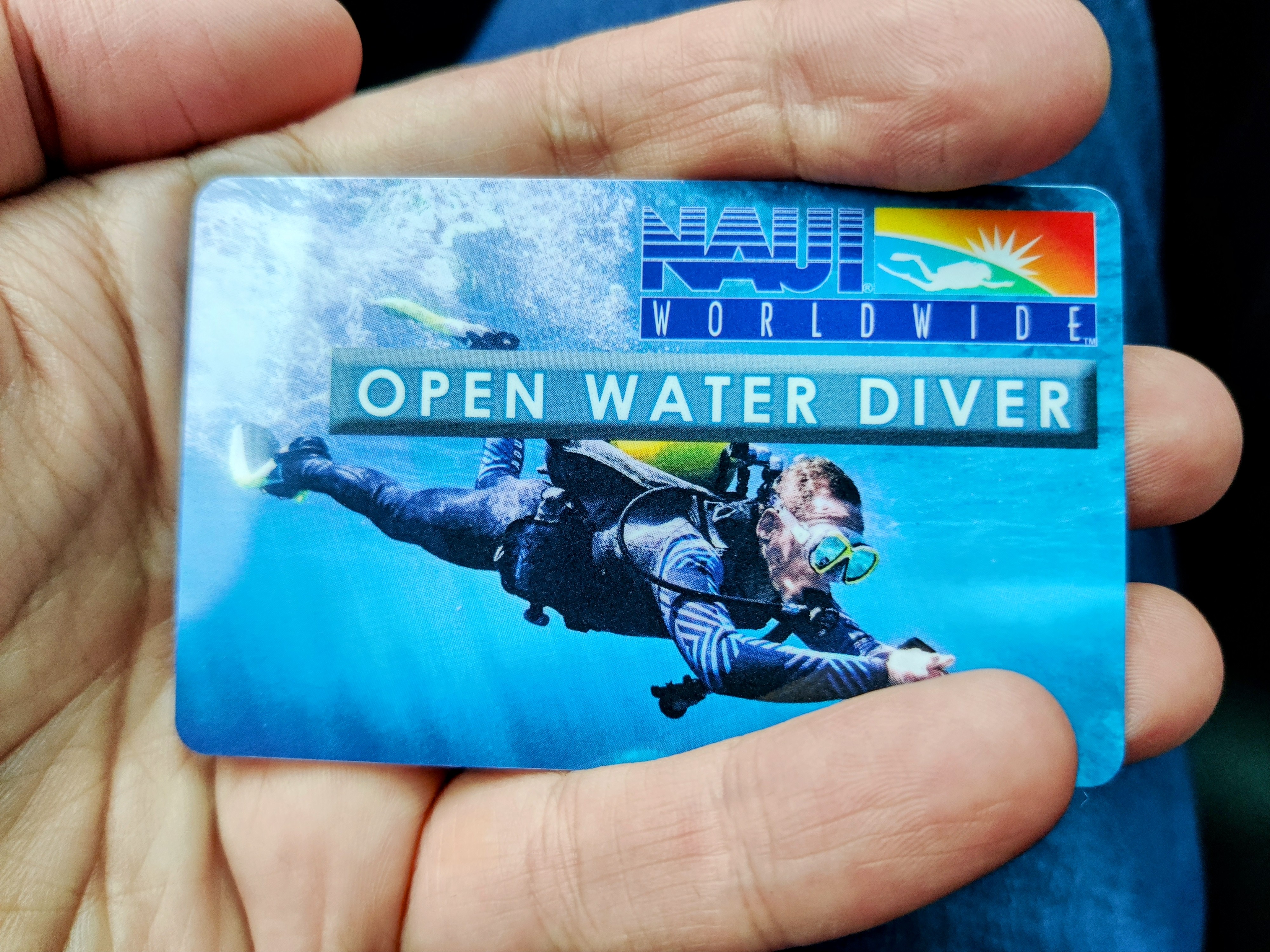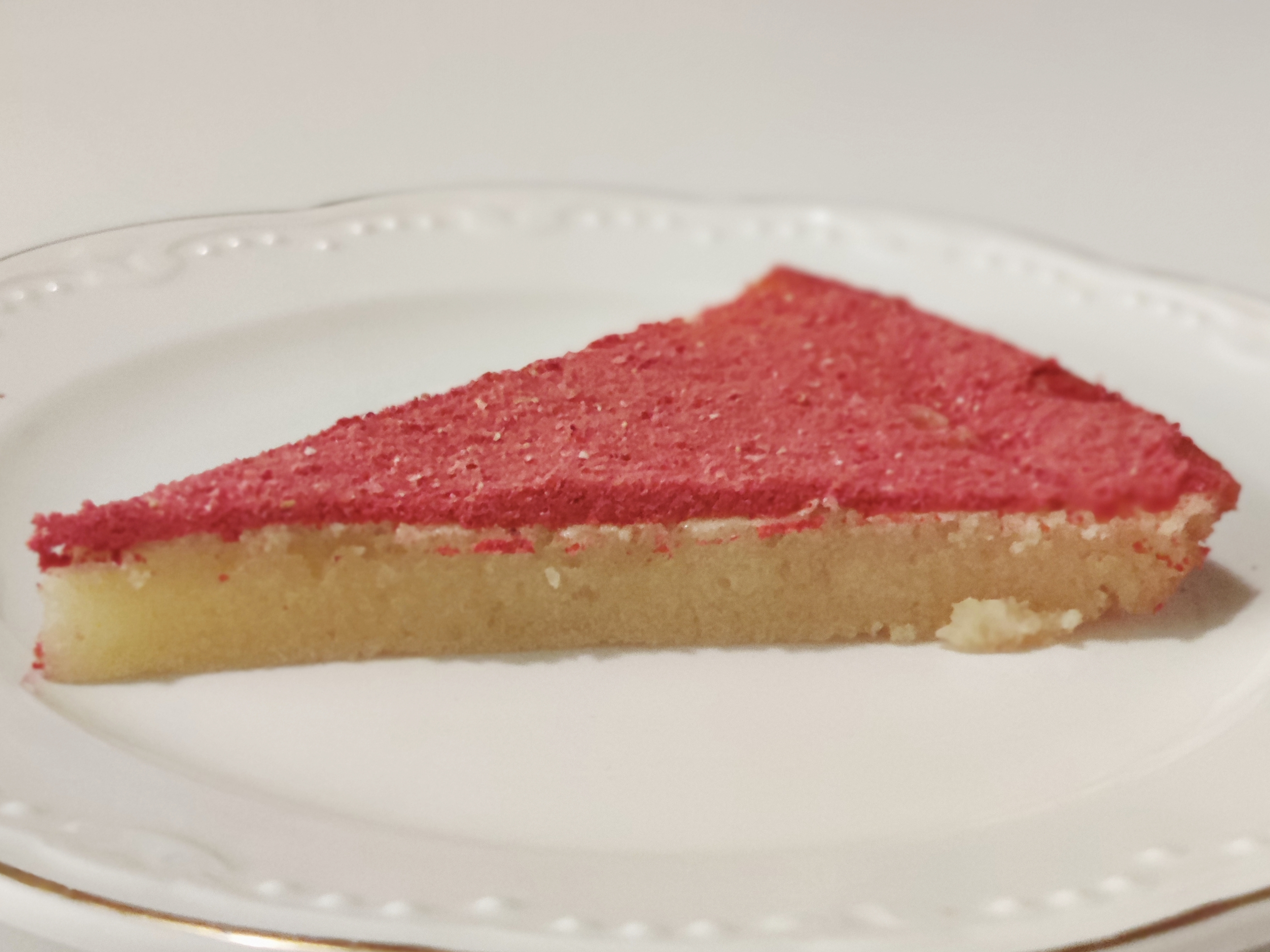Report 'em too, if you're not already! It helps the mods and the admin team find them so that site-wide bans can be issued.
realChem
For sure. They tend to do a good job communicating tricky science and math concepts as well. They interview experts in a coherent way, tend to take the time to properly set up the background for topics, and the writers there seem to really care about getting things right rather than being sensational. They're one of my favorite sites for stories about math and science honestly.
I haven't had a chance to read the article linked in this post yet, but I'll be sitting in an airport in a few hours (I really need to go to sleep now) and I'll look forward to reading it then!
Ooh, good suggestion, I'll give it a try!
It seems like you're working under the core assumption that the trained model itself, rather than just the products thereof, cannot be infringing?
Generally if someone else wants to do something with your copyrighted work – for example your newspaper article – they need a license to do so. This isn't only the case for direct distribution, it includes things like the creation of electronic copies (which must have been made during training), adaptations, and derivative works. NYT did not grant OpenAI a license to adapt their articles into a training dataset for their models. To use a copyrighted work without a license, you need to be using it under fair use. That's why it's relevant: is it fair use to make electronic copies of a copyrighted work and adapt them into a training dataset for a LLM?
You also seem to be assuming that a generative AI model training on a dataset is legally the same as a human learning from those same works. If that's the case then the answer to my question in the last paragraph is definitely, "yes," since a human reading the newspaper and learning from it is something that, as you say, "any intelligent rational human being" would agree is fine. However, as far as I know there's not been any kind of ruling to support the idea that those things are legally equivalent at this point.
Now, if you'd like to start citing code or case law go ahead, I'm happy to be wrong. Who knows, this is the internet, maybe you're actually a lawyer specializing in copyright law and you'll point out some fundamental detail of one of these laws that makes my whole comment seem silly (and if so I'd honestly love to read it). I'm not trying to claim that NYT is definitely going to win or anything. My argument is just that this is not especially cut-and-dried, at least from the perspective of a non-expert.
Well I hear what you're saying, although I don't much appreciate being told what I should want the outcome to be.
My own wants notwithstanding, I know copyright law is notoriously thorny – fair use doubly so – and I'm no lawyer. I'd be a little bit surprised if NYT decides to raise this suit without consulting their own lawyers though, so it stands to reason that if they do indeed decide to sue then there are at least some copyright lawyers who think it'll have a chance. As I said, we'll see.
Yeah I've heard a lot of people talking about the copyright stuff with respect to image generation AIs, but as far as I can see there's no fundamental reason that text generating AIs wouldn't be subject to the same laws. We'll see how the lawsuit goes though I suppose.
Totally agreed, but I was also surprised not to see raisins on your list! They're great cooked right along with the oats: they'll soak up a little water (or milk if you do it that way) and plump back up a bit, and they make for delicious bites. I also usually make steel-cut oats in a rice cooker – the raisins don't come out quite as delicious with quick oats because they don't get as much opportunity to soak up water, but they're still good.
I'm personally not so much worried about it being buggy or broken, that stuff gets patched. I'm more worried that it'll be fundamentally disappointing in some way, which is something that I probably wouldn't discover until long past the refund window. To be clear, I'm cautiously optimistic, but that caution leads me to wait until a week or so after release to hear what folks are saying about it.
I agree completely, especially about the negative knock-on effects on the quality of science overall. Making replications worthwhile for researchers to spend time and money on is certainly going to be a challenge that the institution of academia will need to figure out sooner or later (fingers crossed for sooner, but realistically probably later).
Good luck with your PhD too! I hope it's going well so far!
If you have a USB stick you're not using you can install Mint on it and boot directly from the USB drive without modifying your actual OS, and see how you like it! The same is true of many other linux distributions if you'd like to explore, but Mint was my own first foray into linux and I think it's a comfy distro to start off with. I think you'll be shocked by how snappy it can be on a lower spec machine like that, even running from a USB stick.
With all due respect to Penrose – who is indisputably brilliant – in probability when you start to say things like, "X is 10^10^100 times more likely than Y," it's actually much more likely that there's some flaw in your priors or your model of the system than that such a number is actually reflective of reality.
That's true even for really high probability things. Like if I were to claim that it's 10^10^100 times more likely that the sun will rise tomorrow than that it won't, then I would have made much too strong a claim. It's doubly true for things like the physics of the early universe, where we know our current laws are at best an incomplete description.


That's a real mood, yeah.
I just recently decided to stick with mine. I was having a lot of doubts: feeling like I wasn't making and progress, like I wouldn't actually be able to finish the projects I started, impostor syndrome shit, etc. I'm happy I decided to stick with it. I just cleared some big milestones and I'm in the middle of a nice long vacation now, and I'm feeling excited again about my work.
On the other side of things, I've got a friend who decided to leave his PhD program with a masters a few years ago. He's now heading up product development for a robotics startup, doing quite well for himself.
I don't think there're any wrong answers here. Do what will make you happiest. Maybe you just need a vacation, maybe you're ready to move on. And remember that education is never wasted: even if you decide not to finish out the PhD, you've still learned a lot and that's valuable with or without the piece of paper and title.
Best wishes, friend, whichever way you decide to go ♥